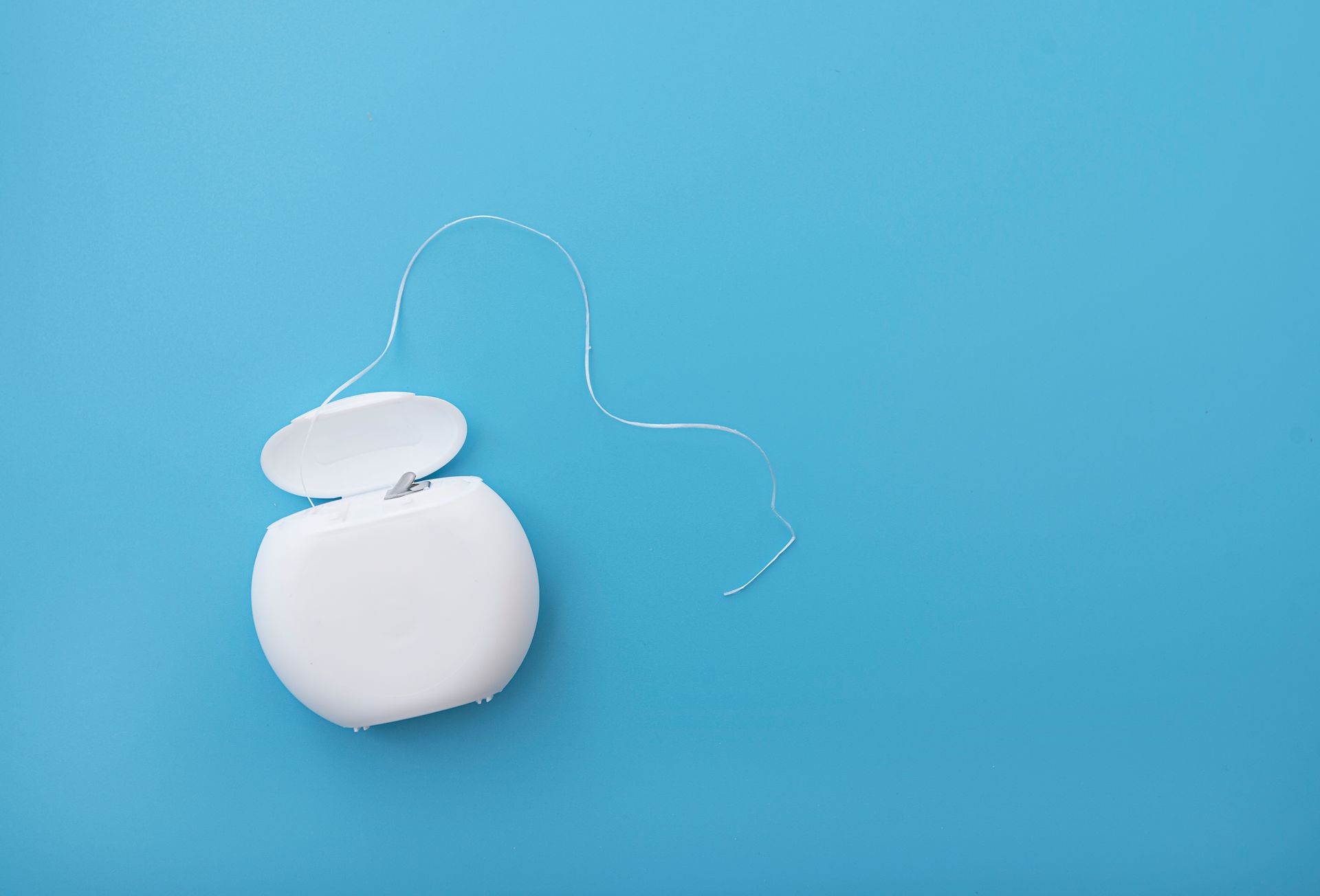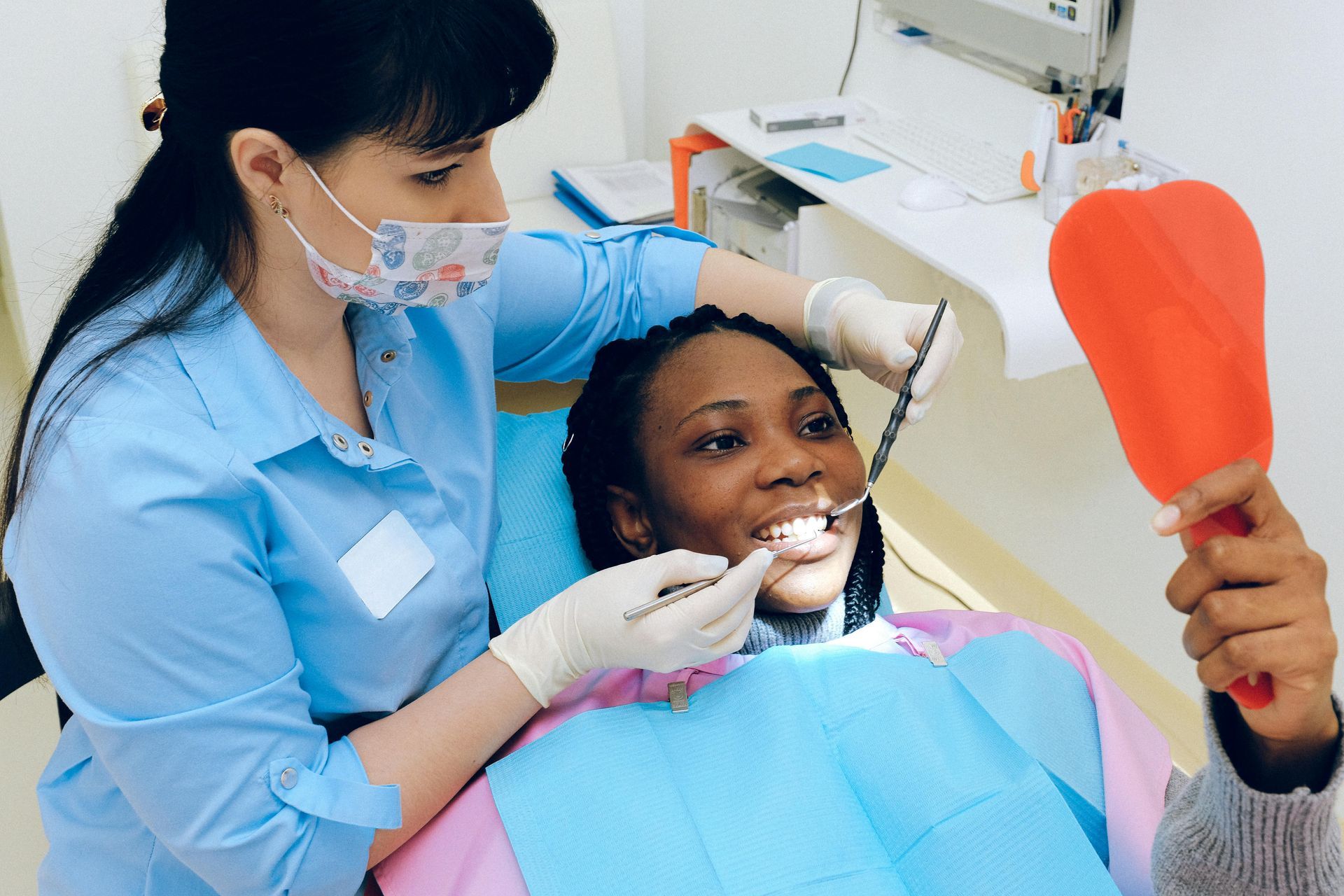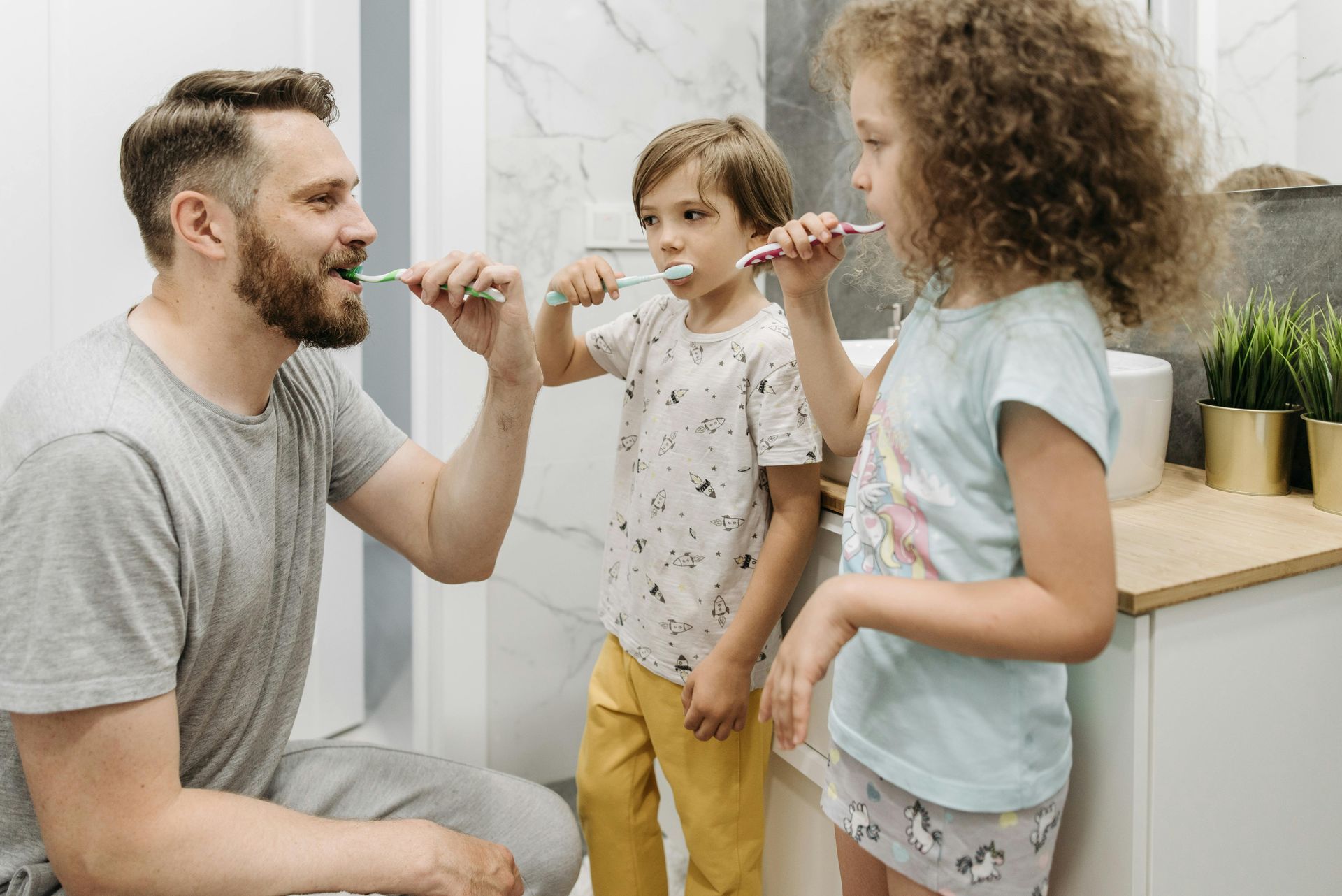How to Brush Your Teeth the Right Way – Expert Tips from Wheaton, IL Dentists
Brushing your teeth might seem like second nature, but are you actually brushing the right way? At Dental Professionals of Wheaton, we emphasize the importance of mastering proper brushing technique as part of a strong preventive dental care routine. According to the American Dental Association (ADA), how—and how often—you brush your teeth can make a significant difference in preventing tooth decay, gum disease, and bad breath.
If you're brushing twice a day but still experiencing issues like bleeding gums or plaque buildup, it may be time to revisit your brushing habits. Let’s walk through the best techniques for keeping your teeth healthy and clean.
Brushing Technique Matters More Than You Think
To get the most from your brushing routine, the ADA recommends brushing at least twice per day—once in the morning and again before bed, or any time after eating sugary foods or drinks. For optimal results:
- Hold your toothbrush at a 45-degree angle toward the gumline.
- Use gentle, circular motions to clean each tooth surface.
- Don’t forget to brush the backs of your teeth, chewing surfaces, and along the gumline.
- Finish by brushing your tongue to eliminate odor-causing bacteria.
Did You Know?
The type of toothbrush you use matters. The ADA recommends using a soft-bristled toothbrush with a head that's properly sized for your mouth. While medium or hard bristles might feel more “thorough,” they can actually wear down enamel and irritate your gums, leading to long-term oral health problems.
Also, remember to replace your toothbrush every 3–4 months, or sooner if the bristles look frayed.
Frequently Asked Questions
Should I change my brushing habits?
If you’re noticing symptoms like red or bleeding gums, bad breath, plaque buildup, or tooth sensitivity, it could be a sign that your brushing technique needs a refresh. Your dentist can assess your habits and show you proper technique during your next visit.
What should I expect if I start brushing correctly?
Correct brushing won’t fix dental problems overnight, but it will help prevent more serious issues down the road. With consistent technique and a good routine, you'll reduce your risk for cavities, gum recession, and costly dental treatments in the future.
Is brushing enough to maintain my oral health?
Not quite. While brushing is essential, a complete oral hygiene routine includes daily flossing, using fluoridated toothpaste, and visiting your dentist for professional cleanings and exams twice a year.
Need Help Improving Your Brushing Routine? We're Here to Help!
At Dental Professionals of Wheaton, we care about your long-term oral health—and that starts with excellent daily habits. If you’re unsure whether you’re brushing properly, our team is happy to walk you through the basics and provide personalized tips during your next visit.
Schedule a dental exam in Wheaton, IL, today and take the first step toward a healthier, brighter smile—one brushstroke at a time!
Share Content






